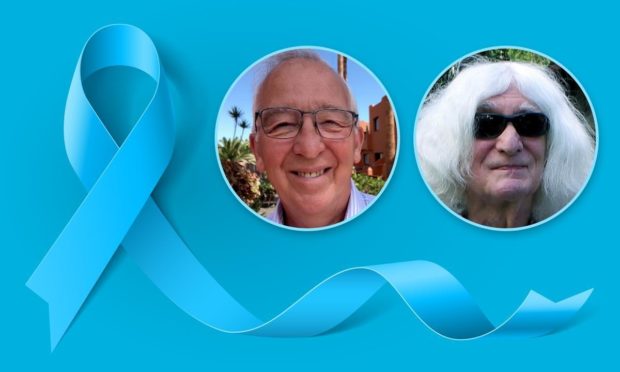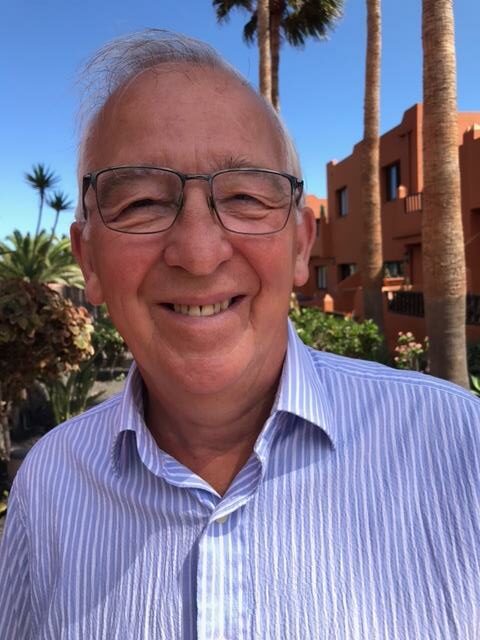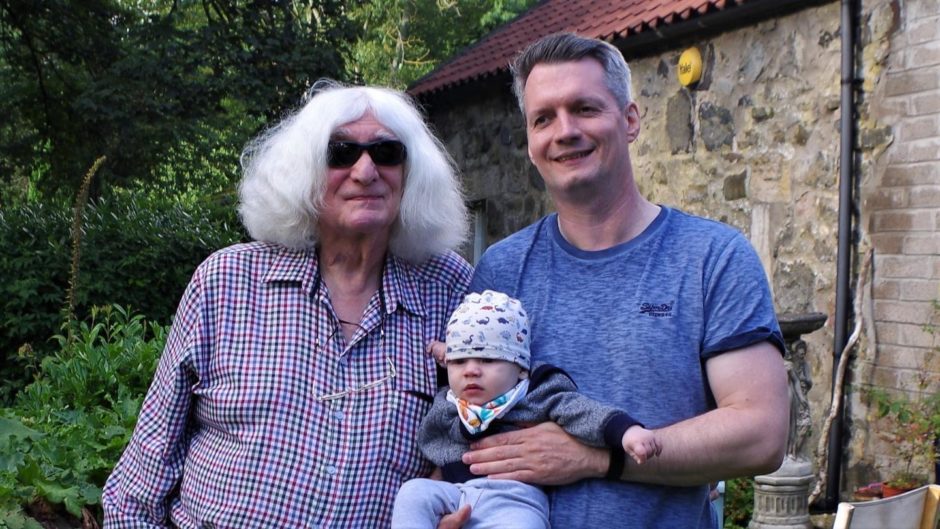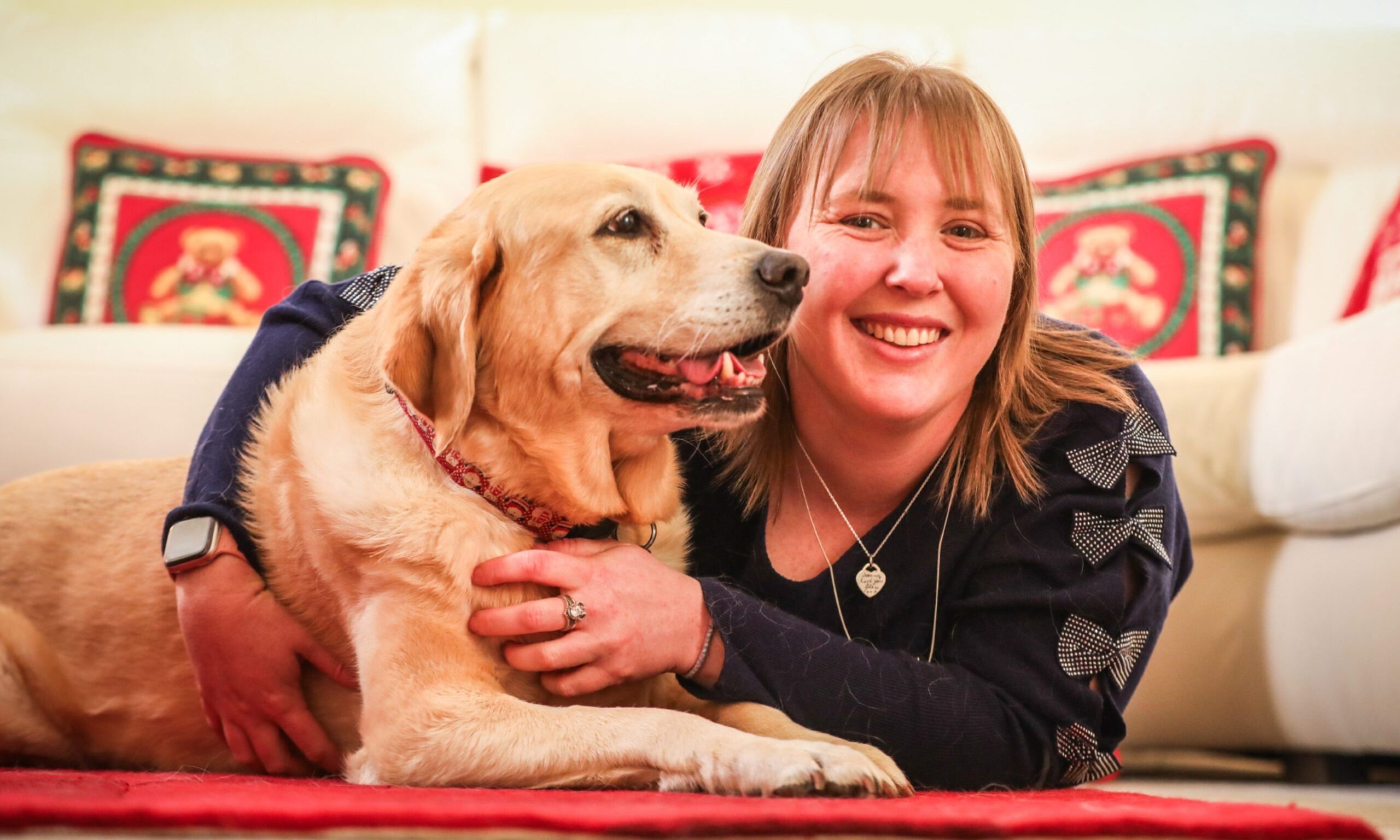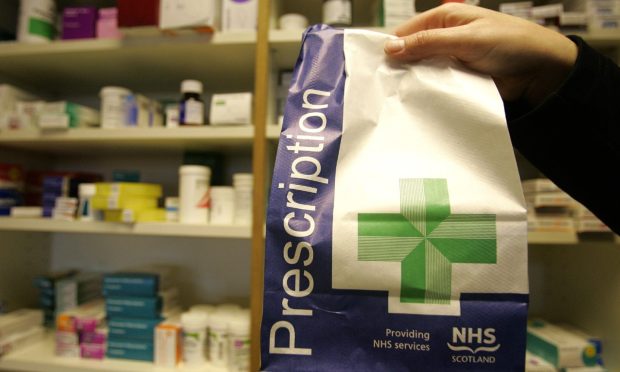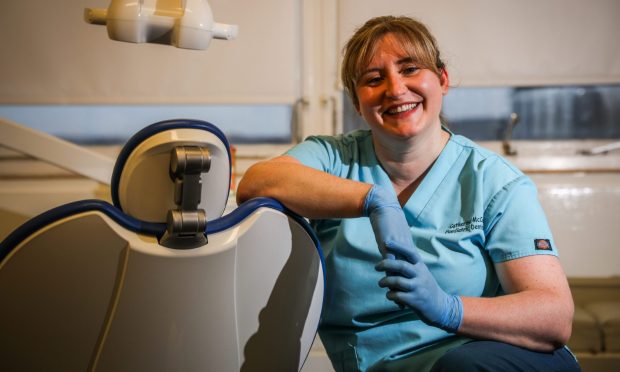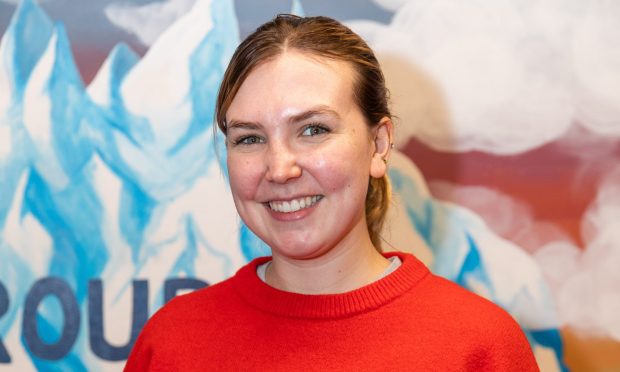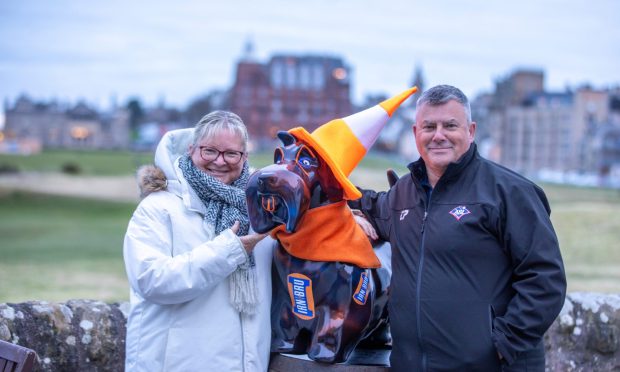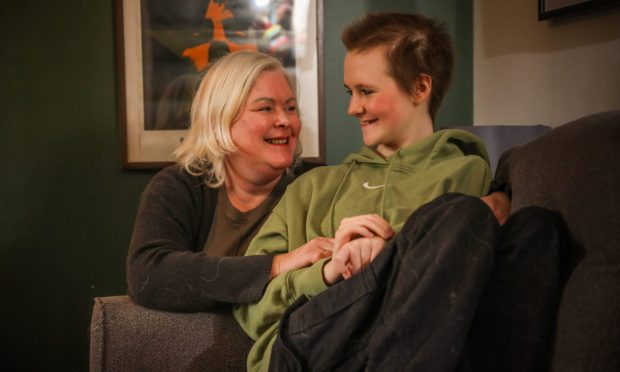To mark Male Cancer Awareness Week this week, two local men share their stories, in the hope it will encourage others to get their own symptoms checked.
David’s story
Fifer David Astill was 59 when he was told he had prostate cancer four years ago – the most common type of cancer for men in Scotland to be diagnosed with.
David, from Kirkcaldy, remembers: “I’d gone to the GP about something else. Just as I was going out the door, he asked if there was anything else I wanted to talk about.
“I said, ‘I’m having to go to the toilet a couple of times through the night.’ I just thought it was a sign of a man getting old, but he said it could be to do with some prostate problems.”
Blood tests revealed David’s prostate antigen level (PSA) was 12.5 nanograms per millilitre of blood – the ‘normal’ level for a man in his 50s is 3ng/ml.
Symptoms of prostate cancer can include:
- Needing to urinate more frequently, often during the night
- Needing to rush to the toilet
- Difficulty in starting to urinate
- Straining or taking a long time while urinating
- Weak flow or urine
- Feeling your bladder has not emptied fully
- Blood in urine or in semen
After the diagnosis, David became one of the first men in Scotland to have robotic surgery to remove his prostate and 19 lymph nodes, to reduce the likelihood of the cancer spreading.
The proud dad-of-three and grandad-of-five explains: “The 12 weeks between me deciding I wanted surgery and getting it caused me more anxiety than the shock of the diagnosis, because of the wait.
“I just kept thinking about the harm the cancer could be doing while I was waiting for surgery. At that point, my wife and I felt helpless.”
‘Get checked, the sooner the better’
David’s surgery was successful. He is now on a two year hormone programme to prevent the cancer returning, as his PSA increased slightly following surgery.
But David is dedicated to ensuring other men know the signs and don’t have to go through what he did.
He says: “Men are so reluctant to talk about things relating to their prostate, or their sexual functions and urinary system. Scottish men in particular are very private over these issues.
“We have got to get out of this issue of privacy. We just don’t talk about it. But men must talk and take the initiative to get checked, even before symptoms appear.
“The sooner they get it checked, the better.”
David T’s story
Head and neck cancer is the fourth most common type of cancer for men in Scotland to be diagnosed with.
Head and neck cancers are typically found in the mouth and lips, voice box, throat, salivary glands, nose and sinuses, and at the back of the nose and mouth. Each type of head and neck cancer has different symptoms, which can be checked here.
David Topham’s head and neck cancer was detected at a dental appointment, when an abnormality was spotted on his tongue.
It was just when the country was going into lockdown due to the Covid pandemic.
However, this wasn’t David’s first experience with cancer, as he’s also had bladder cancer and bowel cancer within the last 10 years.
The dad-of-four and grandad-of-nine, from Dundee, says: “For me, because this was the third time, I just thought ‘right, how are we going to fix it?’
“The nurse who told me was quite surprised by my reaction, but I just thought what else can you do? You’ve just got to get on with it.”
‘It’s good to talk about experiences’
Because the cancer was found on his tongue, David’s recovery was complex, having to relearn to speak and eat again.
He found the support groups at Maggie’s to be extremely valuable – particularly the men’s group, which enabled him to meet other men who had been through similar experiences.
David, 72, continues: “It’s not the sort of thing I wanted to bring up with friends and acquaintances.
Our Men's Group is held every Monday at 10am. Drop us a message or give us a call if you're interested in joining. pic.twitter.com/wmpIrwFORk
— Maggie's Dundee (@maggiesdundee) March 11, 2021
“But when you can swap experiences with people who have endured or overcome the same sorts of things, you can have a conversation that isn’t just polite.
“It’s very good for chaps to share the mental problems one can have. These diseases are life threatening and you consider your own mortality.
“Speaking openly about it in a group of people who share the experience is very different to speaking to someone else about it.”
‘Don’t be afraid’
David hopes sharing his story leads more men to reach out for help at the first sign of symptoms.
He urges: “I am concerned because at the moment, people are going to the dentist less due to the pandemic, and who else is going to spot these issues?
“Don’t be afraid to go to the doctor and tell them you’re worried about a lump, or bleeding, or a feeling. Just get on with it.
“It might be what saves your life.”
Prostate Scotland
www.prostatescotland.org.uk
Maggie’s
Dundee
